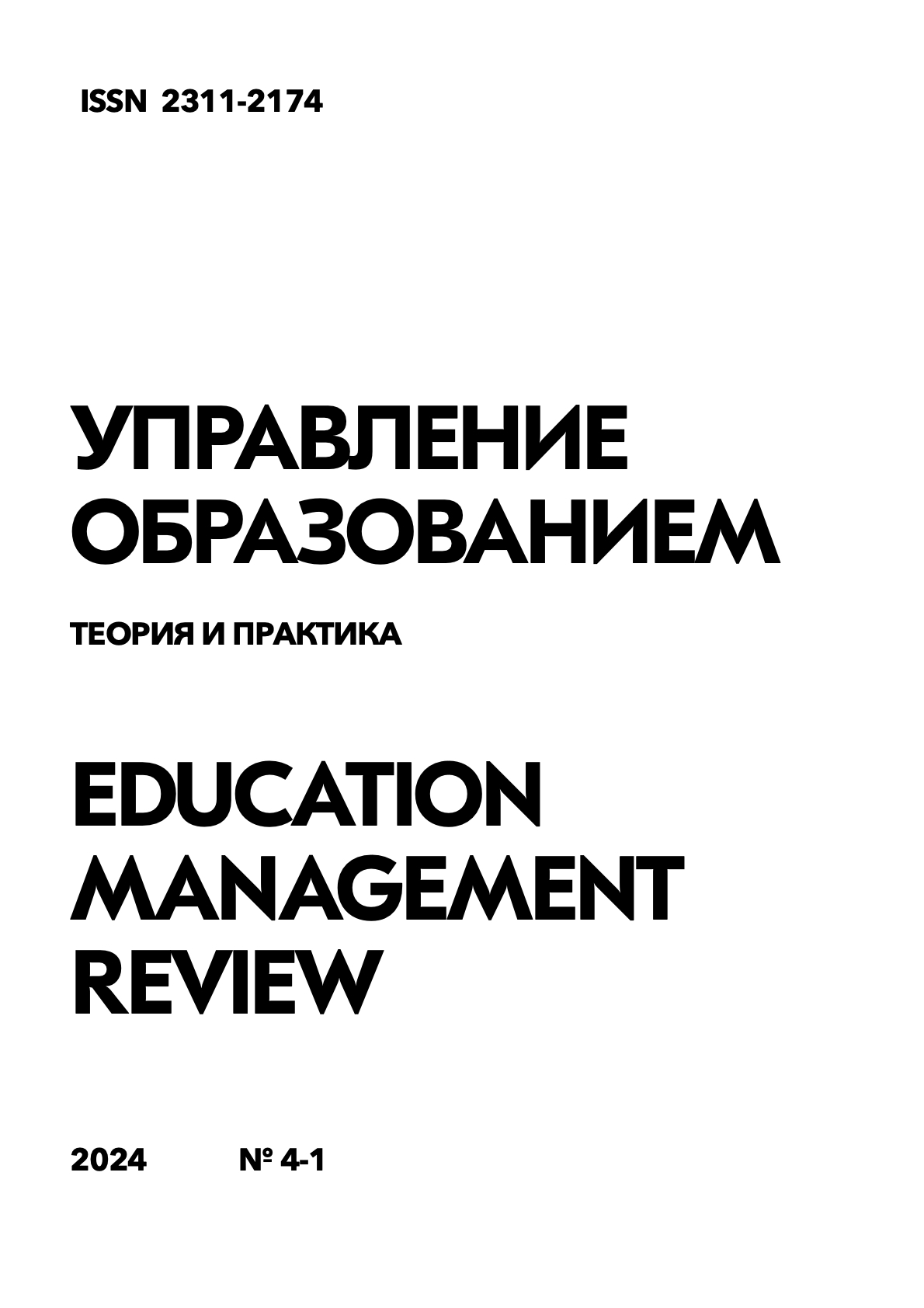Heroes of folk tales as a tool for overcoming cognitive and linguistic errors in Russian as a foreign language classes
Keywords:
Russian as a foreign language, folklore, fairy tales, zoonym, Chinese horoscope, cognitive errors, cognitive perception, acceptance of an educational task.Abstract
The paper is devoted to the analysis of effective appeal to fairy tales’ characters during the classes of Russian as a foreign language. The authors put forward the concept according to which teachers of Russian as a foreign language can refer to the folklore of students' native countries, which helps activate the process of accepting an educational task by a foreign student. The proposed concept has been tested during the work of teachers in the Islamic Republic of Pakistan and the People's Republic of China. The authors insist on the need for careful verification of common stereotypes about certain characters of foreign fairy tales, since untested misconceptions can also lead to cognitive errors made in turn by the teacher. The article presents reviews of popular fairy tales in the Islamic Republic of Pakistan, as well as analyzes of the magical plot of the Chinese horoscope emergence. The authors initiate a discussion about the correct translation of Chinese horoscope terms.
References
Завьялова Н.А. Антропонимические герои в современном пространстве коммуникации // Знание. Понимание. Умение. 2023. № 2. С. 157-174.
Завьялова Н.А. Культурно-коммуникативные формулы как отражение цивилизационных картин мира: дисс. на соиск. уч. степ. док-ра культурологии. 2019. 61 с.
Завьялова Н.А. Культурные коммуникативные универсалии как современный этап развития культуры // Знание. Понимание. Умение. 2015. № 1. С. 77-88.
Завьялова Н.А., Цюйань Ю., Ян Ц. Общество потребления в социокультурном аспекте // Кузнечно-штамповочное производство. Обработка материалов давлением. 2023. № 1. С. 82-87.
Ильинский И.М. Тайны «перестройки» // Знание. Понимание. Умение. 2023. № 2. С. 5-23.
Китайский информационный портал Baike.Baidu. 2021. https://baike.baidu.com/item/易经/153636?fr=aladdin
Костина А.В. Массовая культура: аспекты понимания // Знание. Понимание. Умение. 2006. № 1. С. 28-35.
Луконина И.В. Моделирование процесса принятия учебной задачи младшими школьниками // Научное обозрение. Педагогические науки. 2014. № 1. С. 189-189.
Савчук С.О., Архангельский Т.А., Бонч-Осмоловская А.А., Донина О.В., Кузнецова Ю.Н., Ляшевская О.Н., Орехов Б.В., Подрядчикова М.В. Национальный корпус русского языка 2.0: новые возможности и перспективы развития // Вопросы языкознания. 2024. № 2. С. 7-34.
Спешнев Н.А. Китайцы. Особенности национальной психологии. М.: Каро, 2017. 336 с
Downloads
Published
How to Cite
Issue
Section
License

This work is licensed under a Creative Commons Attribution-NonCommercial-NoDerivatives 4.0 International License.




